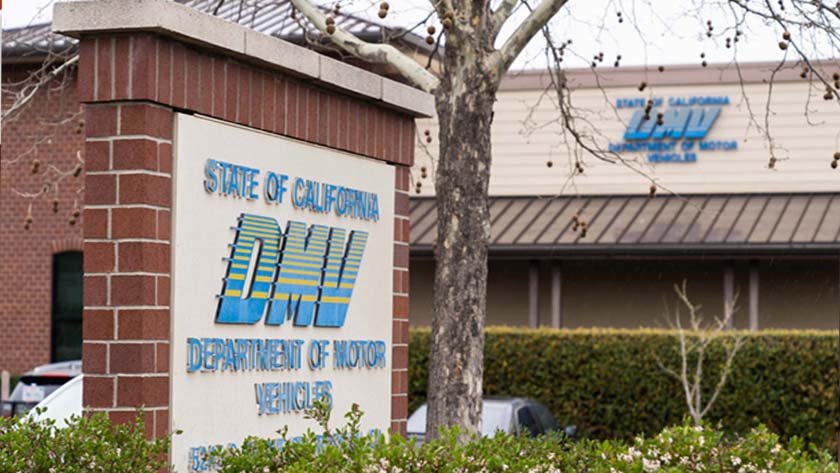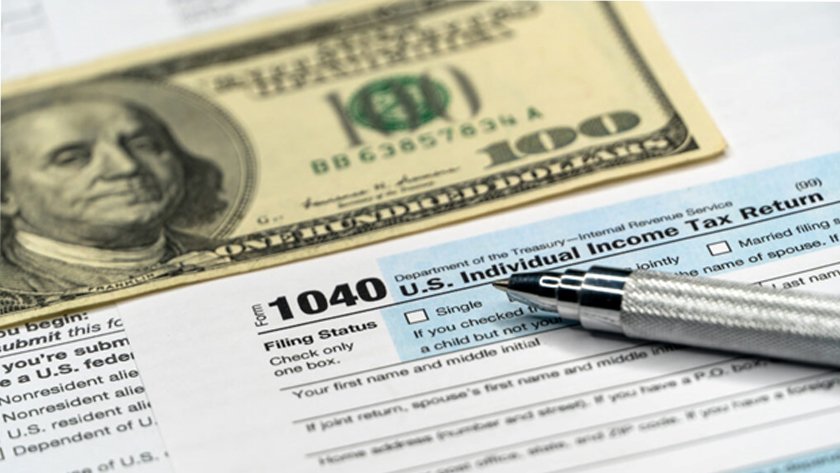If you’re a self-employed professional, you know that tax season can be a daunting task. The thought of sorting through countless receipts and trying to navigate complex tax laws can be overwhelming. You also know that filing your taxes is a necessary part of running your business and failing to do so can result in penalties and fines.
Did you know that many self-employed individuals often overpay their taxes due to a lack of understanding or knowledge of available deductions? Yes, you read that right! But how do you deal with self-employment taxes? Don’t worry! We know it and are here to help you.
Whether you’re a freelancer, small business owner, or gig worker, this guide will help you navigate the complex world of self-employed taxes and ensure you’re prepared for the upcoming tax season. So, get ready to take control of your finances and empower yourself to thrive as a self-employed individual.
Table of Contents
Why Self-Employed Tax Preparation is Important
Filing taxes is important for everyone, but it’s especially crucial for self-employed individuals. When you work for someone else, your employer withholds taxes from your paycheck and submits them to the IRS on your behalf. However, as a self-employed individual, it’s up to you to calculate and pay your taxes. Failure to file or pay taxes on time can result in penalties and interest charges, which can quickly add up.
Understanding the Tax Filing Process for Self-Employed Individuals
You must file an annual tax return with the IRS as a self-employed individual. This includes reporting your income and expenses on Schedule C (Form 1040), which calculates your net profit or loss from your business. You will also be required to pay self-employment tax, a combo of Medicare taxes and Social Security that employers and employees must pay. In 2023, the self-employment tax rate will be 15.3%.
Record Keeping for Self-Employed Taxpayers
Good record keeping is essential for self-employed individuals to accurately report their income and expenses on their tax returns. It includes keeping track of receipts, invoices, and bank statements. It’s also important to separate personal and business expenses and keep a mileage log if you use your vehicle for business purposes. Many tools are available to help with record keeping, such as accounting software and mobile apps.
Tax Deductions for Self-Employed Individuals
Self-employed individuals are eligible for a wide range of tax deductions, which can help reduce their taxable income and lower their overall tax bill. These deductions include expenses related to the home office, business travel, supplies, and equipment. It’s essential to keep accurate records of these expenses and only claim legitimate and necessary deductions for your business.
Tax Credits for Self-Employed Individuals
Tax credits are another way that self-employed individuals can reduce their tax bills. A refundable tax credit Earned Income Tax Credit is available to low- and moderate-income individuals who earn income through self-employment or wages. Another credit available to self-employed individuals is the Child and Dependent Care Credit, which can help offset the cost of childcare expenses.
Quarterly Estimated Tax Payments
Self-employed individuals are also responsible for making quarterly estimated tax payments throughout the year, which is a way to prepay taxes on income not subject to withholding. These payments are due in April, June, September, and January of the following year. Failing to make these payments can result in penalties and interest charges.
Mistakes to Avoid in Self-Employed Tax Preparation
There are several common mistakes that self-employed individuals should avoid when preparing their tax returns. These include failing to report all income, claiming unimportant or necessary deductions, and failing to keep accurate records. It’s vital to take the time to review your tax return carefully and double-check all of your calculations to avoid mistakes that could result in penalties or audits.
Hiring a Professional for Self-Employed Tax Preparation
While it’s possible to prepare your taxes as a self-employed individual, it can be helpful to hire a professional to ensure that everything is done correctly and to take advantage of all available deductions and credits. A tax professional can also guide record keeping and estimated tax payments and can represent you in the event of an audit.
Conclusion

Self-employed tax preparation can be overwhelming, but it doesn’t have to be. By understanding the tax filing process, keeping accurate records, taking advantage of deductions and credits, and making quarterly estimated tax payments, self-employed individuals can ensure they’re meeting their tax obligations and avoiding penalties.
And for those who need additional assistance, hiring a professional can provide peace of mind and ensure that everything is done correctly. If you need tax preparation services, consider contacting Barron Income Tax for expert guidance and support.
At Barron Income tax services, we specialize in tailoring the right service for our clients. We understand every customer has Read more
When you first start filing your tax returns, one of the many questions that come into mind is; should I Read more
With rules changing on sudden notice and many businesses having to enforce limits & restrictions on their premises. It is Read more
If you are the one who engages in business outside his country or deals with overseas legal documents, you need a Read more
After months of negotiations the $1,400 stimulus check has been approved and ready to go! In this article, we will Read more
Are you tired of struggling with bookkeeping mistakes that can jeopardize your business? Look no further! Barron Income Tax has Read more
Tax season frequently emerges as one of the most anxiety-inducing periods in the lives of taxpayers. Meeting the stringent filing Read more
Are you a small business proprietor dreading the impending tax season? The prospect of delving into heaps of paperwork and Read more








